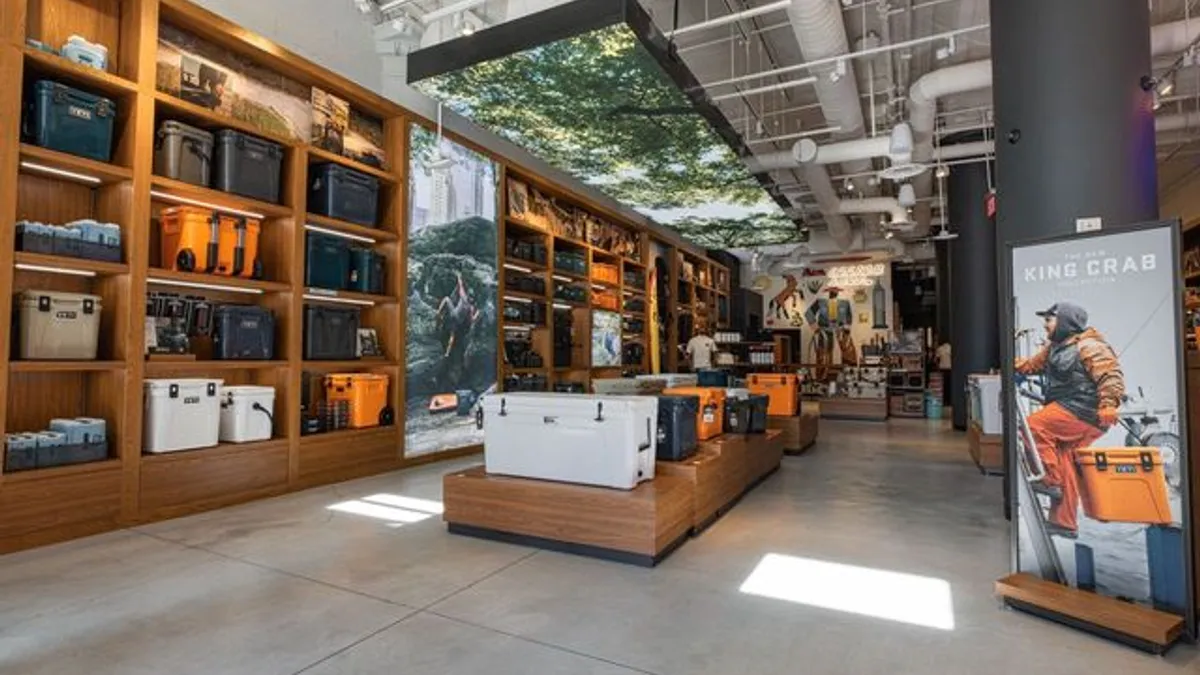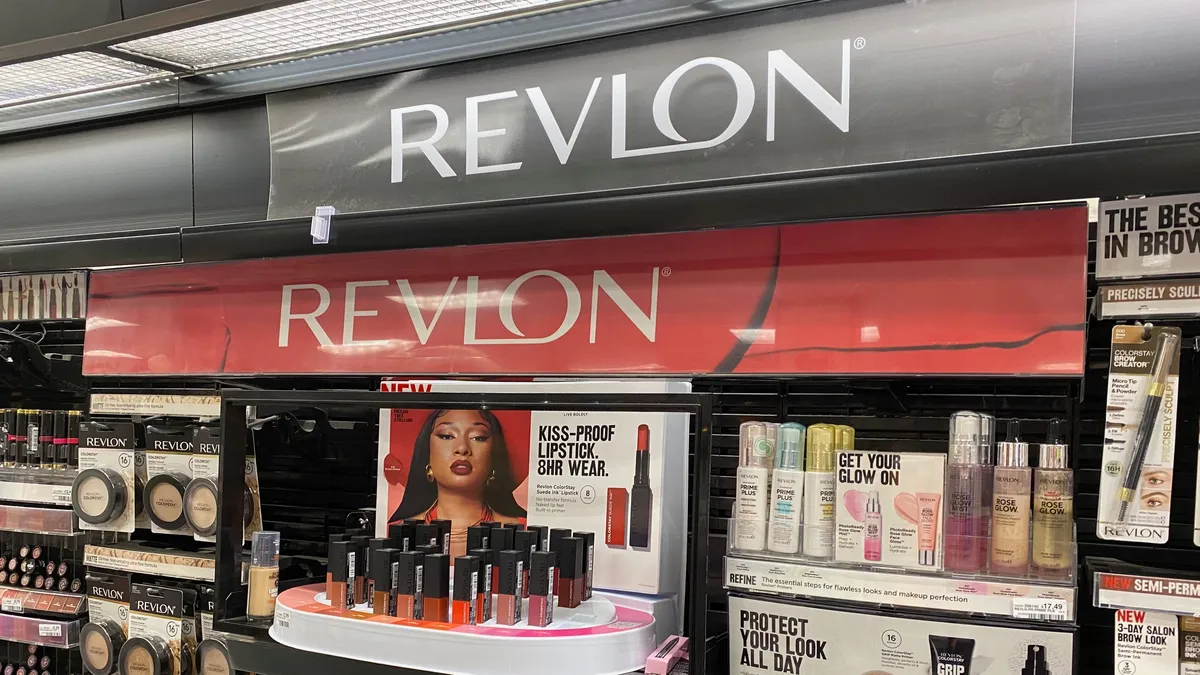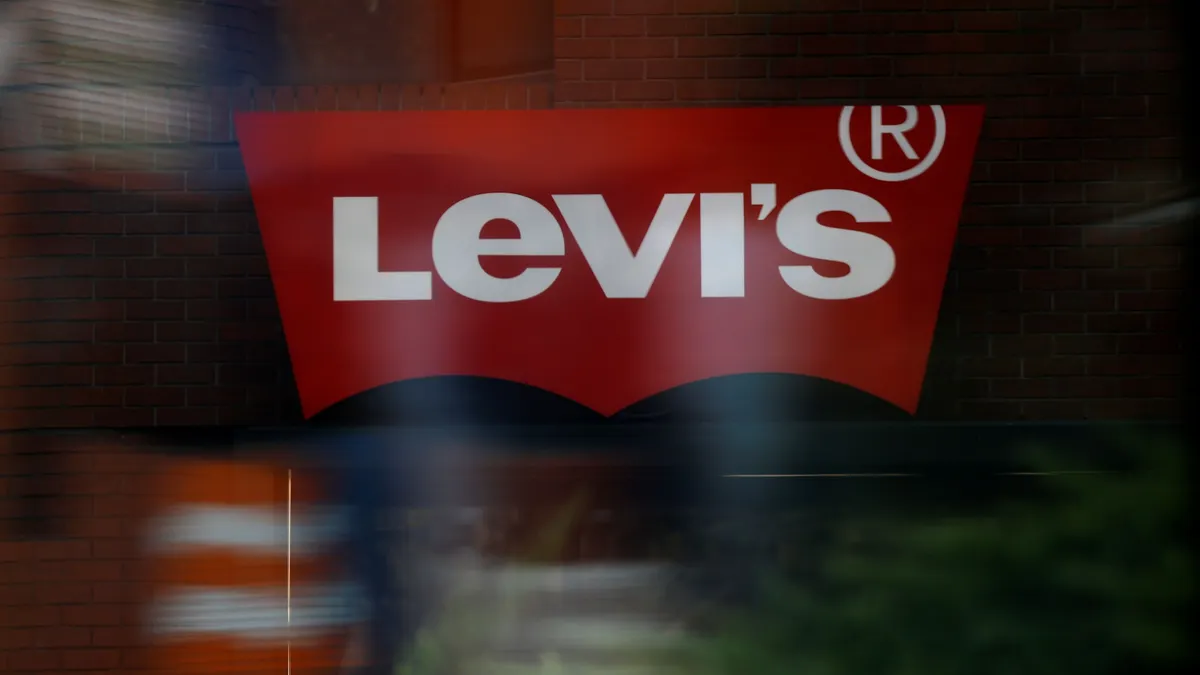From grill makers to beauty brands, companies of all kinds are firming up their plans for potentially higher tariffs under President-elect Donald Trump.
Expanding production in countries beyond China and passing on duties via higher prices are among the measures businesses are considering. Other companies are simply staying the course, content with their current sourcing mix.
Overall, there is no one-size-fits-all approach to mitigate expanded tariffs. Read on to see what measures five companies are taking to keep their supply chains steady during Trump's second term.
Traeger
Adding more manufacturing capacity in Vietnam is a priority for wood pellet grill maker Traeger as Trump targets China-made goods for tariff hikes. The company is in the process of bringing on a new production partner in Vietnam "that has the ability to scale meaningfully," CEO Jeremy Andrus said on a Nov. 6 earnings call.
About 80% of Traeger's grills are manufactured in China, and 20% are made in Vietnam currently, Andrus said. Traeger's grill and cooking accessories are largely manufactured in China as well, except for its Taiwan-made "Meater" wireless meat thermometer. For now, wood pellet grills aren't covered by tariffs, but accessories are, according to Andrus.
"Pricing is always a lever."

Jeremy Andrus
Traeger CEO
To whatever extent tariffs impact Traeger's sourcing locations, the company will work with manufacturers to improve efficiency and "figure out how we can share in those tariffs," Andrus said. It could also lead Traeger to pass on added costs to customers.
"Pricing is always a lever, and I suspect that an environment where tariffs are broad-based and pervasive that most brands will also be leading to price to mitigate the downside of those tariffs, and we would look to do the same," Andrus said.
Additionally, Traeger is considering other manufacturing options in Asia.
Yeti
There are various unknowns regarding how potential tariffs under the Trump administration will take form, Yeti CFO Mike McMullen said on the company's Nov. 7 earnings call. That's why the cooler and drinkware company is focusing only on what it can control within its supply chain.
"We have been through this before in the 2018-2019 timeframe with soft [cooler] goods and we navigated that successfully," McMullen said. "And we believe the plan that we have in place today would allow us to do that again."
Changing prices is potentially an option to offset additional tariffs, McMullen said. The company is also pushing to expand its manufacturing footprint beyond China, launching production at its second drinkware facility outside the country in Q3.
"We remain confident that by the end of this year approximately 20% of our global drinkware capacity will be located outside of China and by the end of 2025, 50% of our drinkware capacity will be outside of China," President and CEO Matt Reintjes said on the call.
While many of Yeti's core products are made in China, it also relies on manufacturing in the Philippines, Vietnam, Taiwan, Poland, Mexico, Thailand and Malaysia, per its annual financial report.
Fortune Brands Innovations
Fortune Brands Innovations will continue to use a combination of primary and secondary sourcing options to manage tariff risks, CEO Nicholas Fink said on the home and security products maker's Nov. 6 earnings call.
"Your secondary source may cost you a bit more than your primary source, but if your primary source were to become more expensive because of tariffs, you can dial that down and dial up your secondary source and rebalance it to be the most efficient," Fink said.
That approach has led to a diverse production base for Fortune Brands. The company operated 16 manufacturing facilities in the U.S. and 15 abroad at the end of last year, according to its annual financial report. Only two of those international manufacturing locations were in Asia.
With the variety of sourcing locations, less than 25% of Fortune's cost of goods sold is tied to China currently, EVP and CFO David Barry said on the call. That's down from more than 50% in 2018.
"We're operating under a base case scenario that tariffs from China at least are going to increase, and the team is working to optimize our network around that," Barry said. "And we do view this as an opportunity."
Crown Crafts
Not all businesses are paring back their reliance on China. Crown Crafts, an infant and toddler products company, is still firmly tied to the country even as tariff risks loom, CEO Olivia Elliott said on a Nov. 12 earnings call.
"China is still the better option."

Olivia Elliott
CEO, Crown Crafts
As of March 31, Crown Crafts' largest concentration of contract manufacturers is in China, according to its annual financial report. It also maintains a foreign representative office in the country to coordinate production, purchases and shipments as well as pursue new vendors.
Crown Crafts has considered tapping into manufacturers in other countries like Mexico, but China comes out ahead in terms of price and supply chain infrastructure, Elliott said.
"China is still the better option," Elliott said. "That being said, we continue to look at other places and be ready just in case there are higher tariffs that we can't pass along and other countries become more viable."
E.l.f. Beauty
When higher tariffs began impacting E.l.f. Beauty in 2019, it was much more reliant on China for sourcing, SVP and CFO Mandy Fields said on the makeup and skin care products company's Nov. 6 earnings call.
Back then, the company was much more exposed to China tariffs, with about 99% of its products being sourced from the country. Today, E.l.f. Beauty sources about 80% from China, Fields said.
Also working in the company's favor is its growing base of customers outside the U.S. Its international business drove 21% of its net sales in Q2, up from 16% one year ago. This will further reduce its exposure to the tariffs the country levies on China, Fields said.
"We certainly have run a number of scenarios for potential tariffs and I think still too early to tell what level those may come in," Fields said. "But we have a playbook and we have a number of levers at our disposal."
























